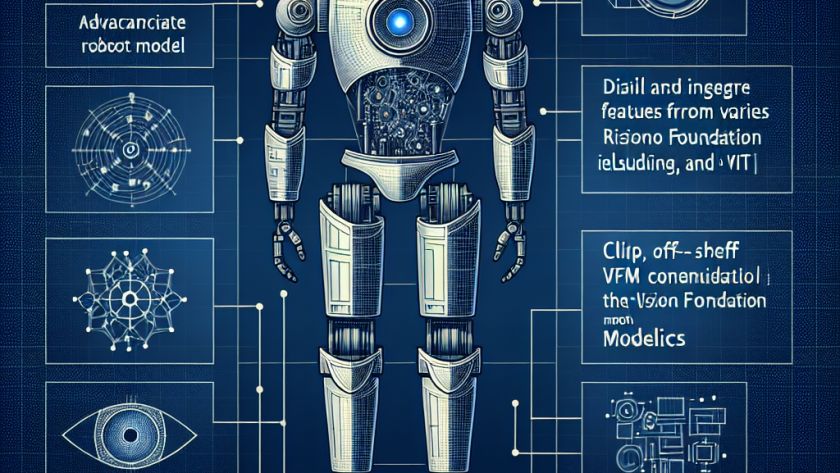Speech recognition technology, a rapidly evolving area of machine learning, allows computers to understand and transcribe human languages. This technology is pivotal for services including virtual assistants, automated transcription, and language translation tools. Despite recent advancements, developing universal speech recognition systems that cater to all languages, particularly those that are less common and understudied, remains…












